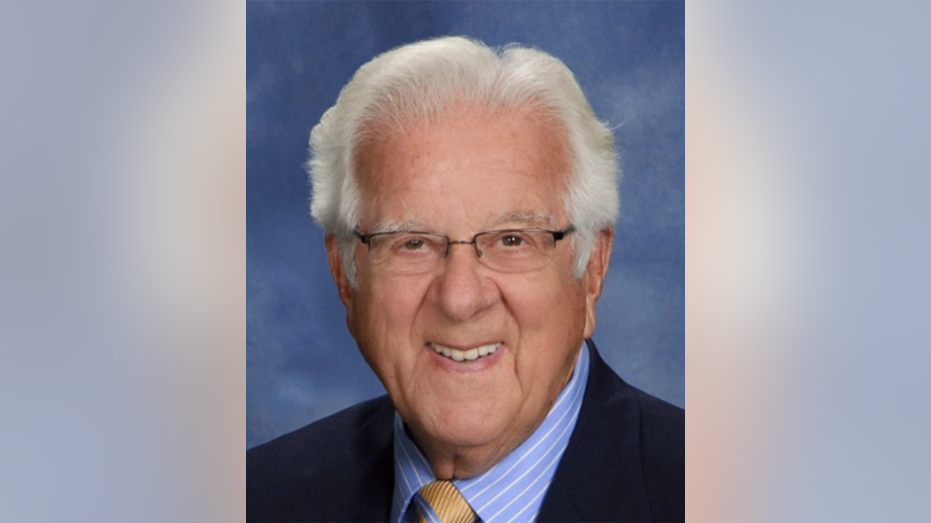
William Post, a man who played a key role in the invention of Pop-Tarts and was known for his humility and servant heart, has passed away at the age of 96. He grew up in Grand Rapids with seven siblings of Dutch immigrants and worked part-time during high school washing trucks at The Keebler Company before serving in the Army Air Corps in occupied Japan. After returning to his job at The Keebler Company, he attended Calvin College for two years and later became a full-time employee there as well. Post is credited with developing Kellogg's concept of a shelf-stable toaster pastry into a fine product that could be brought to market in just four months by assembling an amazing team at the company. He worked closely with executives from Kellogg, including William LaMothe, who later became his friend and mentor. Post continued working for The Keebler Company until he retired at the age of 56 and moved back to Grand Rapids to be near his family where he served as a board member for organizations such as schools, churches and YMCA until the end of his life.


